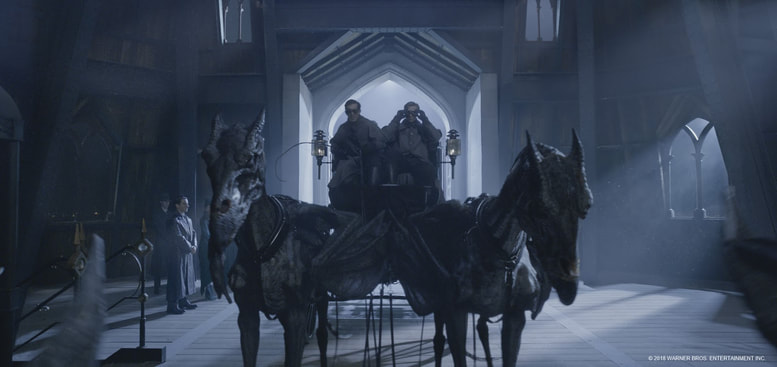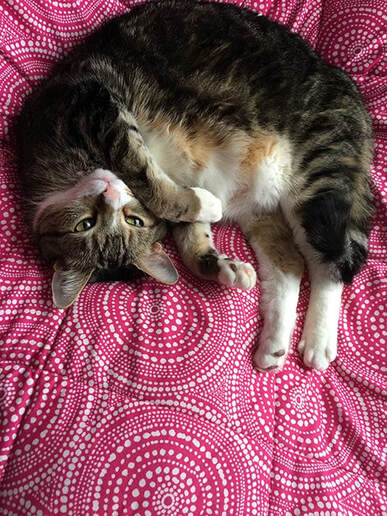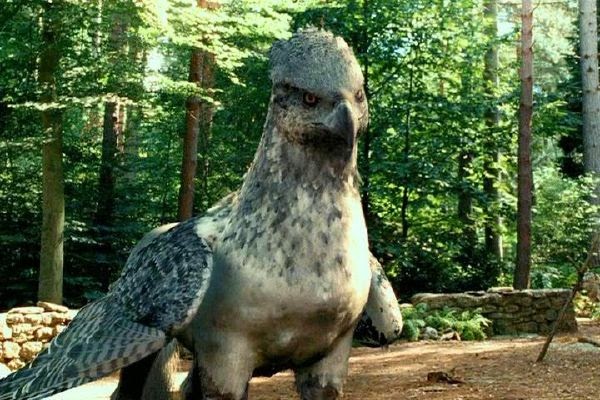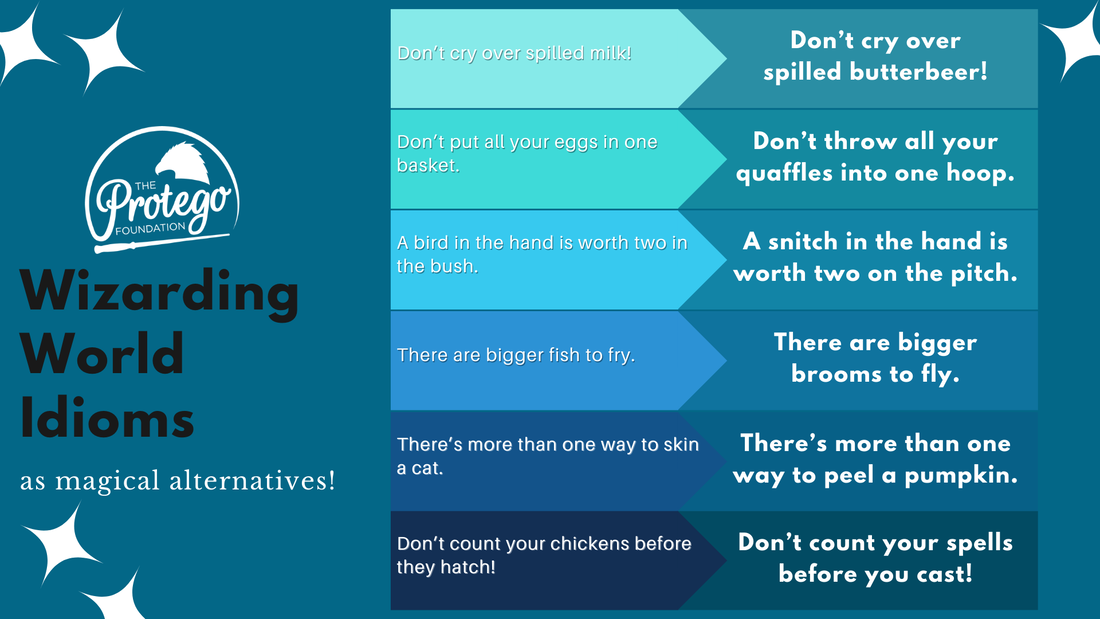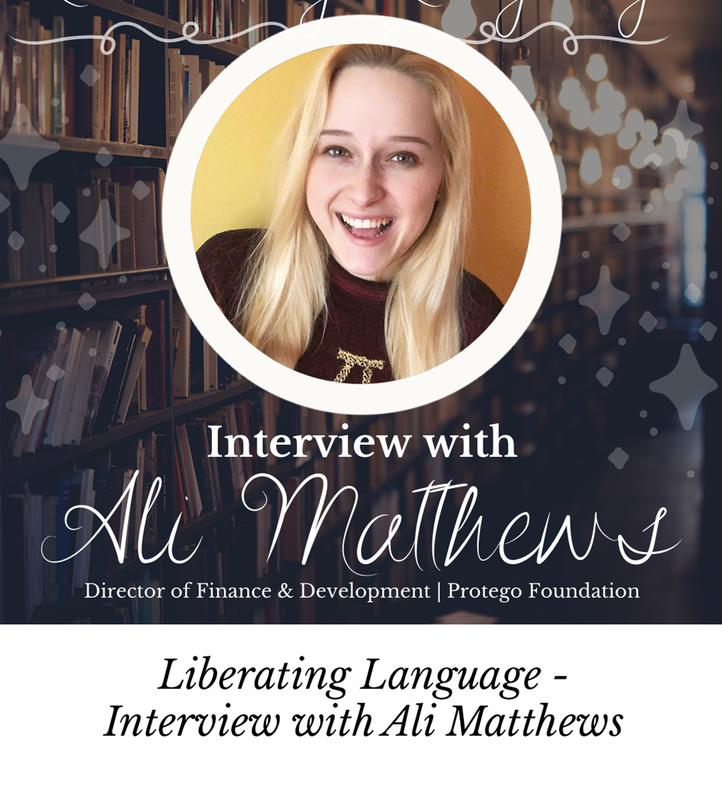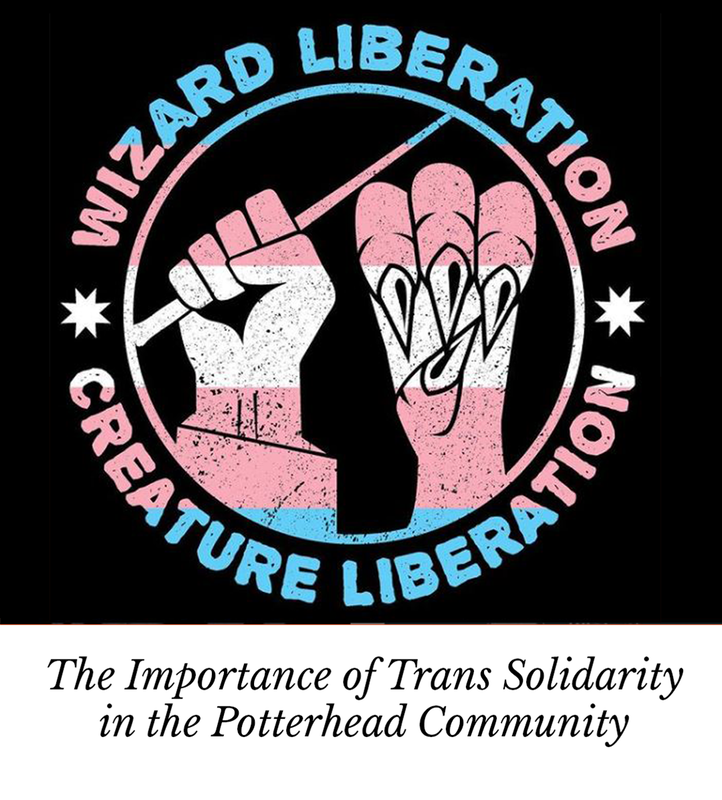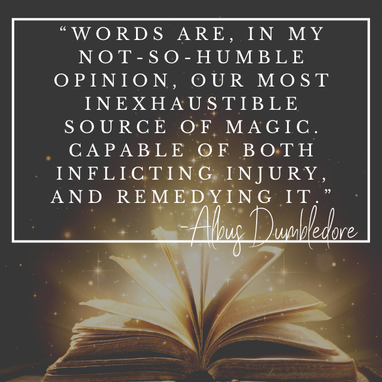 Dumbledore said it best in Harry Potter and the Deathly Hallows: “Words are, in my not-so-humble opinion, our most inexhaustible source of magic. Capable of both inflicting injury, and remedying it.” While we may not agree with all of Dumbledore’s beliefs and actions, this is one that we at The Protego Foundation can completely get behind. Our words matter. The language we use has power, and it, like Albus himself acknowledges, can be a tool to harm and to heal. To confront and to comfort. To connect and to challenge. 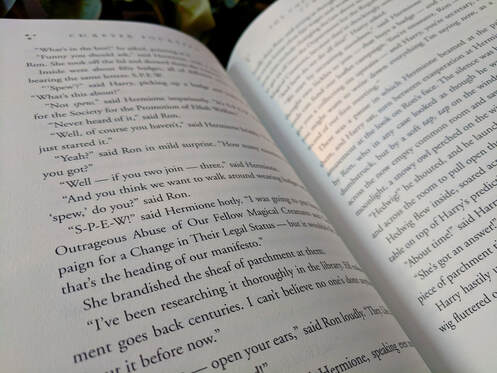 Harry Potter and the Goblet of Fire where Hermione first introduces us to S.P.E.W Harry Potter and the Goblet of Fire where Hermione first introduces us to S.P.E.W Speaking our mind, be it verbally or in writing, gives us agency. It changes us from passive bystanders to active participants in not only our life but in the bigger world around us. And when we make mistakes, which we will again and again and again, we can learn from where we slipped up. We can continue to do better. To be better. So muster up your inner Hermione Granger and a fierce, can-do attitude and pin on your favorite S.P.E.W. buttons, because we’re about to liberate our language towards animals and magical creatures! Before we can go all Granger and talk about language that’s used to devalue magical creatures and animals, first we need to look at what exactly that language means. Let’s start with the words themself. Consider the ones used to describe these magical creatures we encounter in the Wizarding World:
What do you notice about these magical creatures—or, in the case of the goblins and elves, beings? Is there anything that stands out? In a knutshell, these phrases list the magical creatures as secondary. In these terms, their usefulness to wizardkind defines them. Person-first (or in this case, magical creature-first) language flips the script. It nixes words that are exploitative and gives magical creatures (or people) their identity and agency back. Another way to think of the stark difference between the two is this: close your eyes and visualize Diagon Alley, then Knockturn Alley. Even though both shopping districts are in the same magical space, they couldn’t be more opposite. The language we used in the first example compared to the second one is a similar contrast! This concept also holds true in the muggle world. We can take this concept of a more liberating, magical creature-first language and apply it to our animal friends in the muggle world. Here are some of the most common ways to describe animals in ways that devalue them:
Buckbeak is not impressed. So we’re riddikulusly excited to present you with these alternative wizarding world creature-friendly idioms! Ultimately, it isn’t just what we say that matters, but how we say it. Our own Ali Matthews, Finance and Development Director here at The Protego Foundation, has a lot to share on the subject. She’s even pursuing a Master’s degree in Animal Studies and Linguistics at NYU! Be sure to check back soon for a Q & A with Ali about liberating language. Written by Victoria Tomis Accio More ARTICLES:
0 Comments
Your comment will be posted after it is approved.
Leave a Reply. |
The Protego Foundation's work is made possible, in part, thanks to Tylor Starr.
The Protego Foundation and its activities are not licensed by, sponsored by or associated with Warner Bros., J.K. Rowling, or their affiliates. 'Wizarding World,' 'Harry Potter,' ‘Fantastic Beasts' and all related names, characters and indicia are trademarks of and © Warner Bros. - Harry Potter publishing rights © J.K. Rowling.
FEIN 83-3531129
The Protego Foundation and its activities are not licensed by, sponsored by or associated with Warner Bros., J.K. Rowling, or their affiliates. 'Wizarding World,' 'Harry Potter,' ‘Fantastic Beasts' and all related names, characters and indicia are trademarks of and © Warner Bros. - Harry Potter publishing rights © J.K. Rowling.
FEIN 83-3531129

